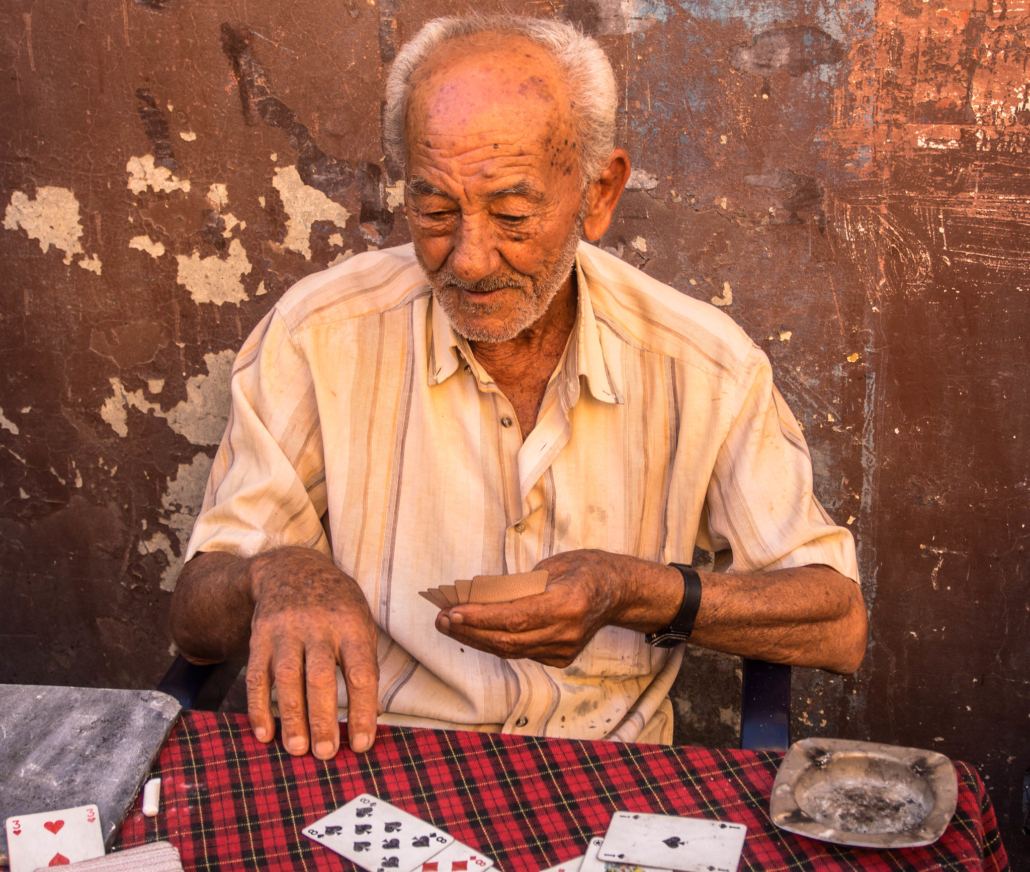How Lebanon’s Economic Crisis Is Affecting Its People

Lebanon has been suffering through a brutal economic crisis for more than a year; the resulting financial insecurity has thrown an estimated 1.4 million people into high levels of food insecurity. However, efforts are underway to combat Lebanon’s economic crisis.
Hyperinflation
As of May 2023, inflation rates in the nation reached a shocking 260%, and since July 2022, the Lebanese currency has lost 70% of its value. This has contributed to the food Survival Minimum Expenditure Basket (SMEB) increasing by 230% in the same period. The IPC defines the SMEB as “a benchmark to estimate the cost of food and other basic needs of a refugee family in Lebanon.” Thus, it is becoming progressively more difficult for the people of Lebanon to sustain themselves.
Political Uncertainty
Since the end of the presidential term in October 2022, there have been multiple failed attempts to elect a new leader. This has dropped the nation into a state of dramatic institutional uncertainty. Lebanese politics’ current chaotic state makes it extremely difficult for the government to deal with the economic issues they are facing and is the catalyst for the continuation of this crisis. The International Monetary Fund (IMF) has claimed that if the political situation is not resolved and drastic reforms are not made in the near future, Lebanon could fall into a perpetual crisis.
Unemployment in Lebanon
Unemployment in the nation is decreasing but still stands at one-quarter of the population. These figures are much higher for certain groups, with women and young people facing almost 40% unemployment.
The nation is also harboring a large number of Syrian refugees. Accessing formal employment for these groups is incredibly difficult leading them to fall into more informal work that often leads to them suffering through extremely exploitative working conditions. Nearly 30% of Syrian refugee households in Lebanon have no working members and temporary labor in agriculture and construction is the primary source of income for these groups, behind humanitarian assistance.
The effects of the crisis are by no means even and universal for the entire country. Certain regions are feeling the strain to a far greater extent than others. In El Hermel, 82% of Syrian refugees cited humanitarian aid as their main source of income.
Food Insecurity
According to the World Food Programme (WFP), an estimated 37% of the Lebanese population is in a state of acute food insecurity. The WFP goes on to state that due to hyperinflation, reduced access to basic services and increasing social tensions, the difficulty of finding a sufficient source of food will only increase.
Humanitarian Food Assistance (HFA)
Currently, 28% of all Lebanese residents and 75% of all Syrian refugees in the country are receiving Humanitarian Food Assistance (HFA). In April 2023, the number of people receiving HFA in the nation reached 1.12 million. Although this is going a long way to limit the suffering the people of Lebanon are facing as a result of the crisis, more action is necessary to find a real long-term solution.
Recommended Actions
The IPC Acute Food Insecurity Analysis gives multiple recommendations for potential solutions to Lebanon’s economic crisis. It suggests there needs to be an expansion and standardization of the social safety nets that the Lebanese government has provided to ensure security for the nation’s poorest citizens.
Livelihood support programs need to be scaled up, particularly in the agricultural sector to provide stable sources of income and to mitigate the resulting loss of purchasing power that the nation’s extreme levels of inflation have caused. There needs to be an increase in asset creation, again mainly in the agricultural sector, to allow citizens to not only make a livelihood but also to allow people in poorer areas to support themselves through personal food production. However, to achieve reforms this substantial, increased political stability is necessary.
Conclusion
Although Lebanon’s economic crisis is ongoing, the continued support from HFA and a clear plan of action that the IPC Acute Food Insecurity Analysis has laid out presents a sliver of hope for a brighter future.
– Henry Tuppen
Photo: Flickr
